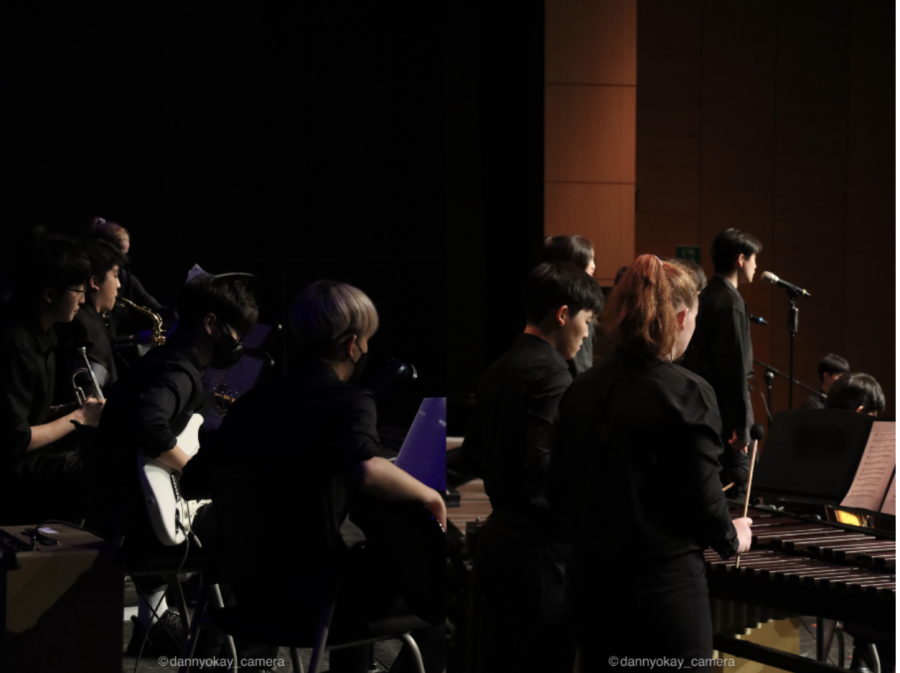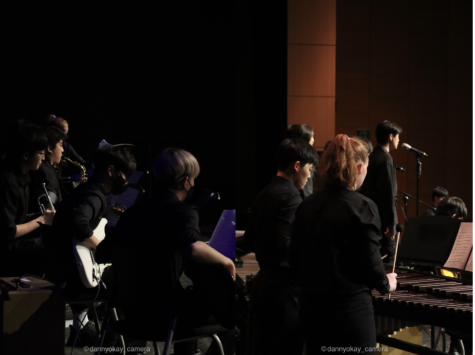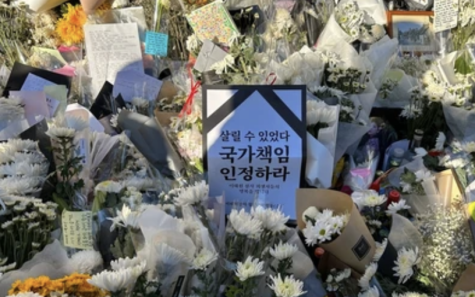Teenage Suicide in Korea
According to the Biomedical Central Public Health, South Korea has held the record of highest suicide rates among the Organization for Economic Cooperation and Development (OECD) countries since 2003. In particular, teenage suicide has become an increasingly serious issue with the South Korean Ministry of Health and Welfare, which claims that there has been a significant increase over the last decade. Specifically, the 742 suicides in 2020— just from adolescents between the ages of 10 to 19—marked an unprecedented peak worldwide (biomedcentral). To address this issue, numerous mental health specialists, educators, and elected officials delved into studying the underlying causes of poor mental health.
Academic pressure is cited as the most common cause of high suicide rates among South Korean teens. Culturally, education and academic achievement are highly valued in South Korea. Upper generations believe education to be a key component that’ll secure financial and social mobility; this, in turn, has led many students to admire and pursue effort, determination, and perseverance, believing it will bring them status and stability. The education system also reinforces this notion by administering high-stakes exams. Living in a densely populated society, students compete with their peers in pursuit of academic excellence, rigorously preparing for their assessments. Not only is this pedagogic structure burdensome, but it also leaves close to no time for students to socialize, be physically active, seek personal growth, or relieve stress. As these issues coalesce, students often feel hopeless and lethargic, leading to more severe mental disorders.
Moreover, the combined culture of Confucianism, collectivism, and homogeneity in a highly individualistic society makes it difficult for people to speak up. The ideology of respecting elders and prioritizing the needs of one’s group over oneself creates a sense of social obligation with pressure for communal conformity. This reinforces an atmosphere of formality, making self-expression challenging, especially for the younger generation, whose thoughts often conflict – the unique stigma on mental illness causes advocacy to be even more difficult. Unable to vocalize their perspective, students collectively isolate themselves from society. With the introduction and subsequent prevalence of social media throughout South Korea, the emotion of disconnection and inadequacy has been exacerbated, thus deteriorating the nation’s psychological well-being.
For a while, exceptionally high suicide rates have simply become an accepted,or even defining, trait/characteristic of South Korea. However, the grimness of the status quo has been once again brought to the foreground through two recent teen suicide cases. First is a teenage girl who, around 2:30 pm on April 17th, 2023, fell off a 19th-story building near Gangnam Station. Local reports claim that her death was originally planned as a joint suicide until the online acquaintance backed out of their agreement. Her death gained recognition due to the teenager’s broadcasting of the event on social media. The police state that the girl had live-streamed her death on Instagram, and several viewers have reported themselves to have seen the video (koreaherald). The second is a middle school male who attacked his female classmate before committing suicide. Seoul Suseo Police Station claimed on Monday they “received a report of a teenage boy stabbing a girl in the neck at a school in Dogok-dong, Gangnam, southern Seoul at 10 a.m – also on April 17th, 2023. (koreajoongangdaily)” The boy, about 10 minutes later, was found dead at a near apartment complex, bringing the investigation to a close.
These incidents re-prompted national conversation on how adolescent suicide can be reduced in South Korea. Though some suggest an increase of funding in mental health and suicide prevention education programs and support systems, others propose a reformation in South Korea’s overall cultural value and education system, decreasing emphasis on academic achievement. Though South Korea seems to offer multifaceted approaches to address the problem, there still seems to be a lack of urgency and significance felt by the public and authorities to actively promote change.

My name is Clair Park, and I'm a sophomore attending Chadwick International. I'm one of the columnists in CI Waves, and this is my first year trying out...


























